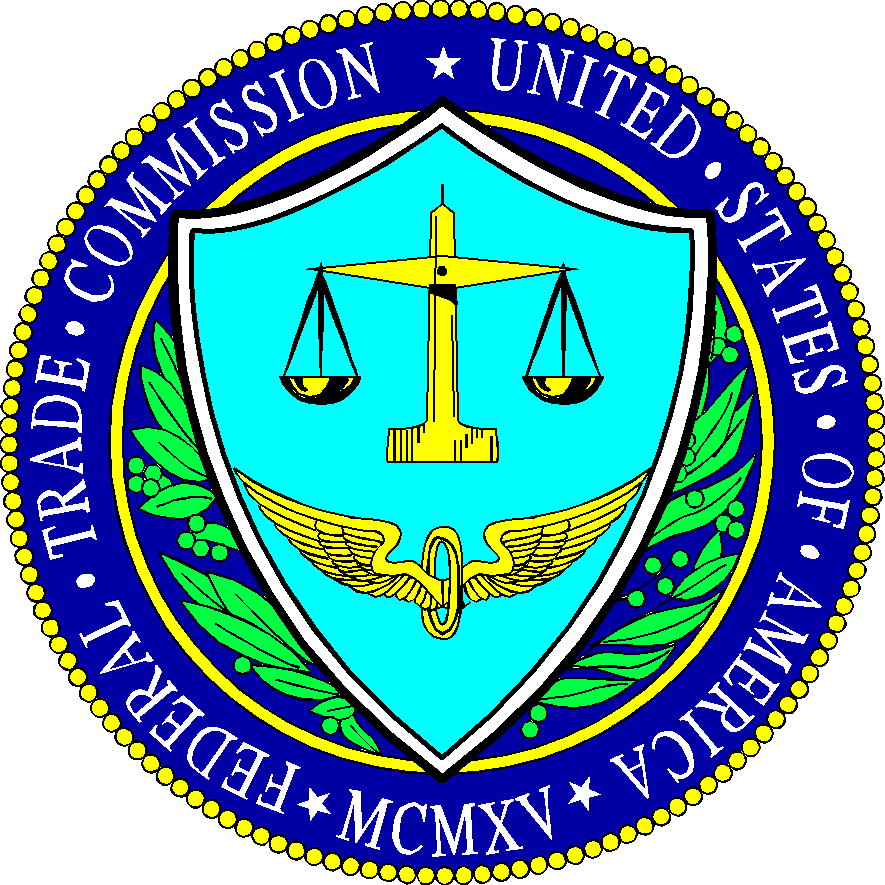
The Feds are again looking at how companies market foods to kids. Concerned by reports on child obesity, the FTC in 2010 will take a look at what the food companies sell for kids and how those products are marketed. Makers of healthful foods would be wise to contribute to the testimony in advance of possible congressional action that could give their products a competitive advantage.
David C. Vladeck, director of the FTC’s consumer protection bureau, told the Wall Street Journal that the proposals would not be regulations and that Congress may ultimately write the new rules.The Journal says the recommendations will be sent to Congress after a public comment period.
The food industry seems to be taking the possibility of legislation seriously. General Mills has announced plans to reduce sugar content in three cereals, Trix, Cocoa Puffs, and Lucky Charms. Campbell Soup Co. says it will cut the amount of sodium in canned SpaghettiOs by up to 35 percent.
That begins to address one-half of the equation. University of Arizona professor Dale Kunkel has found in a study that children would have to watch 10 hours of television aimed at audiences 11 years and younger to see one commercial for healthful food. During that time, they would see 55 commercials for junk food. He took the results of his study to Washington and testified before the FTC on Dec. 15.
After the study was released, Sen. Tom Harkin, D-Iowa, expressed disappointment in the food industry’s efforts to self-regulate.
“When private interests work against the public good, government is obliged to act,” he said in a statement. “We need to examine this issue more closely and figure what needs to be done to achieve balance on the airwaves so that we can improve the health and wellness of our children.”



